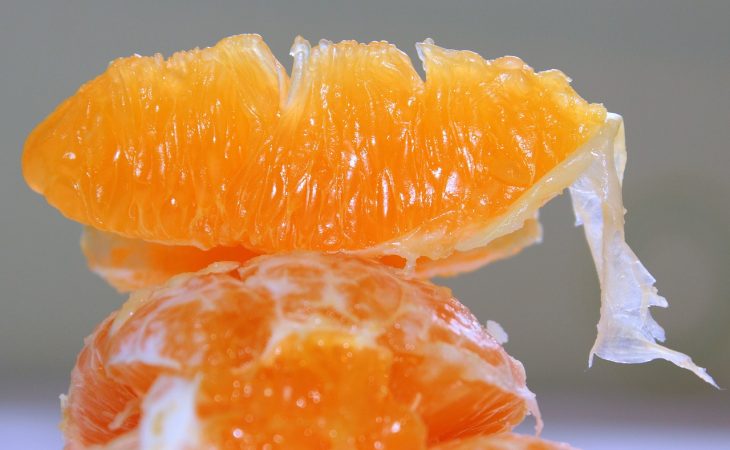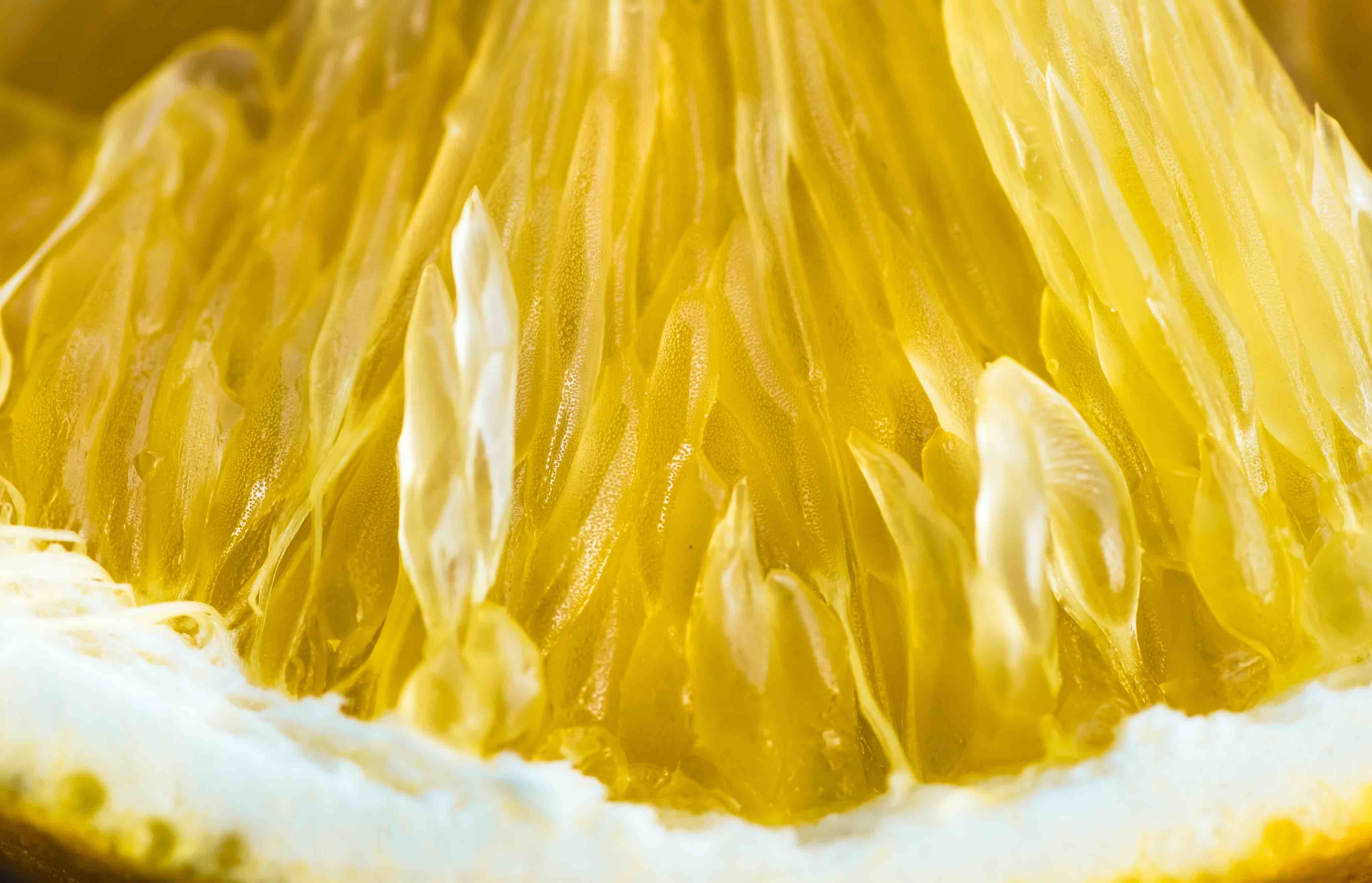
Pulp, often overlooked and discarded, holds valuable nutrition within its fibrous composition. Whether it’s the pulp of fruits, vegetables, or other plant-based foods, it contains an array of nutrients that can contribute to a well-rounded and healthy diet. In this article, we delve into 10 fascinating facts about pulp nutrition, shedding light on its importance and the benefits it offers.
Fiber Powerhouse
Pulp is packed with dietary fiber, a nutrient essential for digestive health and maintaining regular bowel movements. High-fiber diets have been linked to a reduced risk of heart disease, obesity, and certain types of cancer.
Vitamins and Minerals
Pulp contains a variety of vitamins and minerals, including vitamin C, vitamin A, potassium, and folate. These nutrients support immune function, vision, bone health, and contribute to overall well-being.
Antioxidant-Rich
Many fruits and vegetables contain antioxidants, and the pulp is no exception. Antioxidants help protect the body against oxidative stress and may reduce the risk of chronic diseases.
Digestive Health
The natural fiber found in pulp helps regulate digestion and supports a healthy gut microbiome. Consuming foods rich in pulps can aid in preventing constipation and promoting a balanced digestive system.
Weight Management

Pulp’s high fiber content provides a feeling of fullness, potentially aiding in weight management by reducing overeating. Including pulp in meals and snacks can help control hunger and promote healthy portion sizes.
Blood Sugar Control
The fiber in pulp slows down the absorption of sugars, helping maintain stable blood sugar levels. This benefit is especially important for individuals with diabetes or those at risk of developing the condition.
Heart Health
Pulp’s fiber content, along with its abundance of vitamins and minerals, contributes to heart health. A diet rich in pulp can help lower cholesterol levels, reduce blood pressure, and decrease the risk of cardiovascular diseases.
Hydration Boost
Some fruits and vegetables with high water content, such as watermelon and cucumber, offer hydrating properties in their pulp. Consuming pulp-rich foods can contribute to overall hydration and support optimal bodily functions.
Gut Microbiome Support
The fiber in pulp acts as a prebiotic, nourishing beneficial bacteria in the gut. A healthy gut microbiome is associated with improved digestion, immunity, and mental well-being.
Versatile Culinary Ingredient
Pulps can be creatively incorporated into various recipes, adding texture, flavor, and nutritional value. From smoothies and soups to baked goods and sauces, pulp can elevate the nutrient content of meals in a delicious way.
Final Word
Pulp holds a treasure trove of nutritional benefits that can enhance your diet and support overall health. Embrace the goodness of pulp by exploring creative ways to incorporate it into your meals and snacks. By harnessing the power of pulp, you can unlock a world of flavor, texture, and nourishment for a vibrant and well-nourished lifestyle.
Frequently Asked Questions (FAQs)
Can I consume pulp from any fruit or vegetable?
While most fruit and vegetable pulps are edible and nutritious, some may have a more fibrous or less palatable texture. Experiment with different pulps to find your preferences.
How can I incorporate pulp into my diet?
You can blend fruit and vegetable pulp into smoothies, add it to soups or stews, mix it into baked goods, or use it as a base for sauces and dips.
Does cooking affect the nutritional value of pulp?
Some nutrients may be lost during cooking, but the overall nutritional value of pulp remains significant. Consuming a mix of raw and cooked pulp can provide a balanced nutrient intake.
Are there any precautions when consuming pulp?
Some individuals may experience digestive discomfort when consuming large amounts of pulp. It’s best to gradually introduce pulp-rich foods and listen to your body’s response.
Can I freeze pulp for later use?
Yes, you can freeze pulp in portioned containers or ice cube trays for convenience. Thaw and incorporate it into your recipes when needed.
Was this page helpful?
Our commitment to delivering trustworthy and engaging content is at the heart of what we do. Each fact on our site is contributed by real users like you, bringing a wealth of diverse insights and information. To ensure the highest standards of accuracy and reliability, our dedicated editors meticulously review each submission. This process guarantees that the facts we share are not only fascinating but also credible. Trust in our commitment to quality and authenticity as you explore and learn with us.
